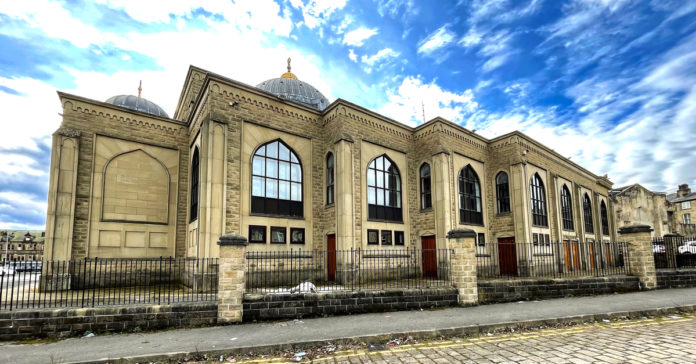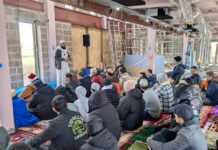
The government is planning to impose new rules on mosques and madrassahs which would subject them to inspections and would oblige them to report suspected terrorist activities.
The plans, which would see counter-terror officers involved in the running of mosques for the first time, come under the new Protect Duty which the government says is intended to protect public places – including mosques – from attacks.
Within the scope of the proposed Protect Duty, the owners and operators of public venues and large organisations would be required to use information provided by the government (including the police) to consider terrorist threats to the public and staff.
An inspection would be introduced to ensure that the Protect Duty is being implemented, and if guidance and support is not considered enforcement actions could be taken.
In case of non-compliance a new offence is proposed for the organisations that fail to take actions to reduce the potential impact of attacks. The proposal includes an enforcement regime with penalties.
The government has held a consultation on the proposals which ended in July and they say they have received over a 1,200 responses.
The government is partnering with Faith Associates through its Mosque Security Project to implement the scheme. At the moment there is no date for legislation to be introduced.
Subscribe to our newsletter and stay updated on the latest news and updates from around the Muslim world!
Legal expert Nasir Hafezi has produced a video on this subject which he encourages mosques leaders to watch.
He says advantages of the scheme include that worshippers will be kept safe in the face of threats, and mosques may receive additional funding.
On the other hand, he says the arguments against include:
- Mosques and mosque leaders may face fines, prison sentences or even closure
- The state may target mosques through unfair inspections
- Mosques and congregation members may not welcome counter-terror involvement in mosques
- The securitisation of mosques may have a chilling effect on freedom of speech
- The involvement of the state in mosques is a slippery slope. Where will it end?
Nasir Hafezi said: “While the consultation is open or closed if you’re a manager at a place of worship read the consultation document. Raise awareness of the Protect Duty among your faith community and its likely impacts and changes that are likely needed to be made.
“Find out what other faith leaders think about the Protect Duty including with those who facilitate meetings with government. Make your views known in writing to the government and whether the Protect Duty should apply to places of worship or whether it should be exempt from places of worship. Read the bill (the proposed law) when it’s published and again make your views known to government.”

















